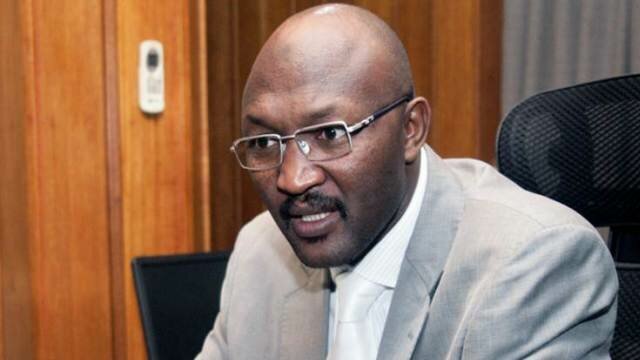(Angel GK - Gurtong) - One of the main problems of South Sudanese, I have discerned
, is lack of patience and inability to analyse problems and devise appropriate solutions accordingly. Trivial as the problem might be, people are too prone to political and tribal polarisation engendered by power hungry politicians.
What the people do not seem to comprehend is that, war (conflict) is part of human nature that arises from such human emotional attributes such as anger, revenge, selfishness, and greed for power. All people share in this phenomenon regardless of tribes, gender and religious or political affiliations. It is, therefore, a pertinent duty and responsibility of the people, within which a situation of conflict have risen, to collectively seek solution. They can only do this by transcending egocentric tendencies.
People ought to recognise the fact that conflict constitutes the call to peace and security, which are not easy ventures; not easy because to attain and sustain peace is neither an automatic endeavour nor is it something feasible through shortcuts. As a matter of fact, peace must be constructed on an on-going basis at various levels of the society through deliberate procedures.
In South Sudan, some people have actively advocated for war as a way of solving the conflict. This approach is embedded in such misleading slogans such as “If you want peace, prepare for war” or “peace can only be achieved by the edge of the sword.” Yet, apart from increasing resentment and wanton desire for revenge between combatants, history has, in numerous times, proved that this approach, (of wagging war to gain peace), never succeeds in fostering lasting peace.
Why do we adamantly and recalcitrantly permit ruinous history to repeat itself, always only to point accusing fingers at one another, even sometimes falsely on wrong groups? For instance, instead of establishing the relevant truth of the conflict situation, as a prerequisite for not only finding appropriate solution to the conflict but for also establishing the accountability for crime committed, whether premeditated or accidental, people rush to baseless conclusions that the conflict is between Dinka and Nuer as tribes, just because president Salva Kiir and his rival Riek Machar happened to hail from Dinka and Nuer tribes respectively.
This malicious perversion of the problem, by enemies of peace and progress, have created a bigger problem within the problem. And this, they do by actively antagonising the rebellion against the government along ethnic lines, exploiting the tribal differences between the two tribes, who, imagined or real, are perceived as politically dominant and domineering.
The media propagandists are still doing so; and that is why the issue between president Kiir and his former chief of general staff, Paul Malong Awan, is gradually growing volatile trying to create a delicate situation in Juba. Sadly, people are again failing or deliberately refusing to see that the biggest problem is J1’s tyranny.
It appears that people are more interested in what will make it possible to ignite war among the Dinka people which amounts to spearing the shadow instead of the real elephant. What people do not seems to decipher is that, just as the political difference between Kiir and Riek has endured as a political difference, so in no way will the political difference between Kiir and Malong threatens Jieng’s tribal unity.
And even though such political difference might escalate and degenerate into violence among the Jieng people, as many would wish, how is it a solution to South Sudan’s crisis? The problem is that we hardly understand the concept of a Nation, Government in relation to Citizen(s), otherwise, we would be thinking of how we can, as individuals or community, contain conflicts (differences) and passions that, in the absence of self- and social-control, inevitably degenerate into violence or bloodshed; more positively, we would be thinking of how we can transform negative emotions into positive attitudes of forgiveness, concern and care for one another.
-
Daily Arabic Newspapers Headlines Wednesday, 8th November, 2017Next >


